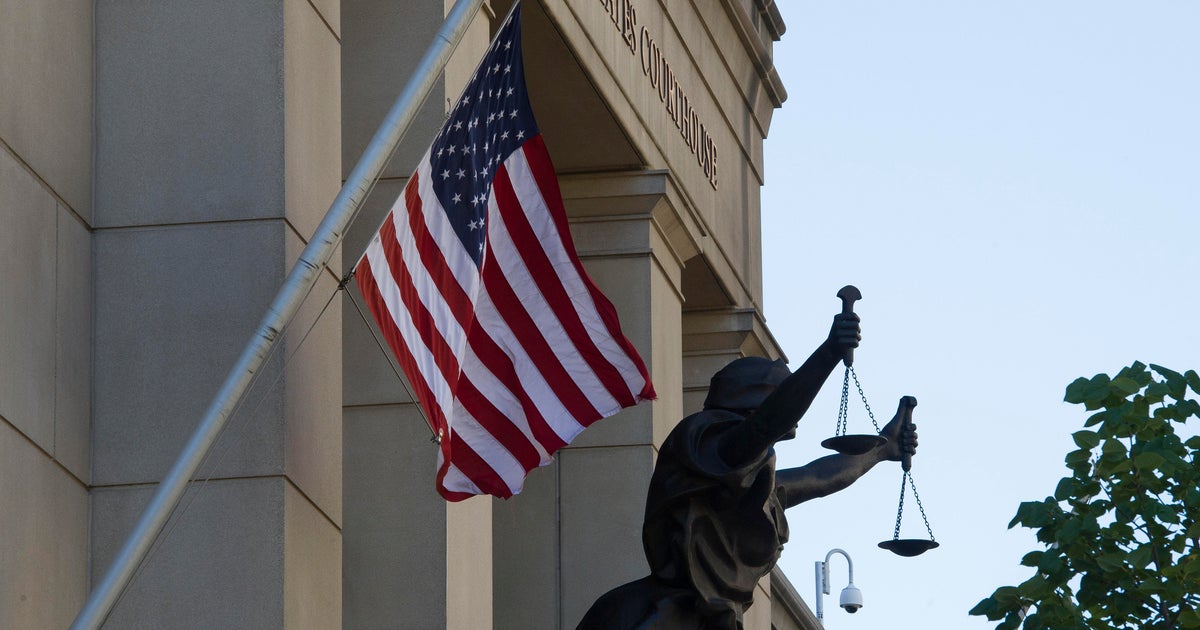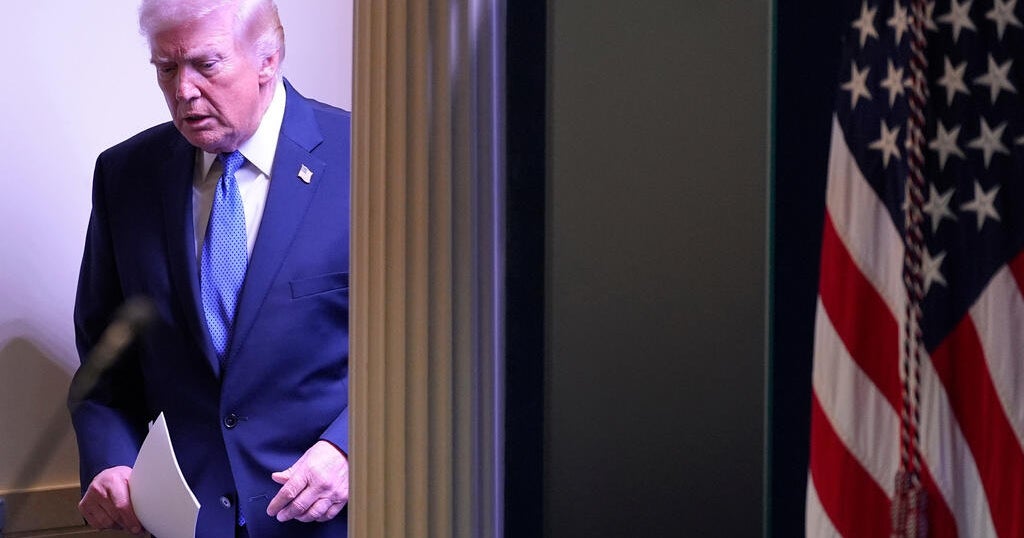State Dept trafficking report includes ill effects of family separation
The State Department trafficking report, in addition to drawing attention this year to "modern day slave markets" in Libya, the dislocation of thousands of Rohingya in Burma, "untold numbers" of North Koreans subject to forced labor and the punishment of trafficking victims in Iran, also includes a section on the negative effects of family separation.
Amid the backlash against Trump administration over the separation of families at the borders, a portion of the report also delves into the negative effects of family separation, in particular, how children suffer as a result of long-term institutionalization, in places where they are separated from their parents.
"Removal of a child from the family should only be considered as a temporary, last resort. Studies have found that both private and government-run residential institutions for children, or places such as orphanages and psychiatric wards that do not offer a family-based setting, cannot replicate the emotional companionship and attention found in family environments that are prerequisites to healthy cognitive development," the report reads. "The physical and psychological effects of staying in residential institutions, combined with societal isolation and often subpar regulatory oversight by governments, place these children in situations of heightened vulnerability to human trafficking."
The report made reference to "ill-managed facilities" as a prime target for traffickers. But State Department officials would not comment on this portion of the report and whether it has any correlation to the parent-child separation that the Trump administration was implementing along the southern border.
The State Department report noted that the U.S. worked closely with the Mexican government to combat trafficking in 2017. The two countries worked together to launch the Blue Heart Campaign 2.0 which "targeted messages for repatriated migrants, indigenous communities, disabled persons, women, children, and youth." The campaign's efforts included the creation of emergency hotlines to report trafficking tips and crimes, including crimes perpetrated against women. They fielded almost 1,000 calls in 2017 which led to 22 investigations. Yet progress remains slow. Mexico identified 667 trafficking victims in 2017, which is a drop from the 740 victims identified in 2016 and 1,814 in 2015.
Ivanka Trump, who has advocated for combatting human trafficking from platforms like the U.N., attended the event but did not speak. She spoke last year and declared that ending human trafficking was a "major priority" for her father's administration.
Secretary of State Mike Pompeo declared that the U.S. will "never shy away from pointing out countries that need to step up" as he rolled out the report. But he also highlighted progress made by some regions and countries. Across Africa, 14 countries received upgrades in the tier system that the Department uses to grade countries. Pompeo said this indicated a "strong trend" in overall response. He also pointed to an uptick in efforts to take on "modern-day slavery" in Estonia, Argentina and Bahrain.
Japan was also pushed up to Tier 1 for the first time. Tier 1 countries are those found to be in full compliance with the Trafficking Victims Protection Act of 2000.
"It did so because of key achievements they made during the reporting period," said a State Department official. Japan created a new interagency taskforce to combat child sex trafficking in adult dating services and also developed an oversight mechanism for its technical intern-training program, which helps foreign workers develop technical skills.
The event concluded with a testimonial by a trafficking victim named Francisca Awah Mbuli. A native of Cameroon, she was supposed to work for the Gulf Cooperation when she was swept into slavery instead. With the help of an non-governmental organization she was able to escape her captors but said that "many other were not as lucky." As a result of her experience, she founded the Survivors' Network, a Cameroonian NGO made up of trafficking survivors that raises awareness, helps victims escape their entrapment in trafficking, and offers temporary housing, vocational training, and other essential services that survivors need for successful reintegration.



